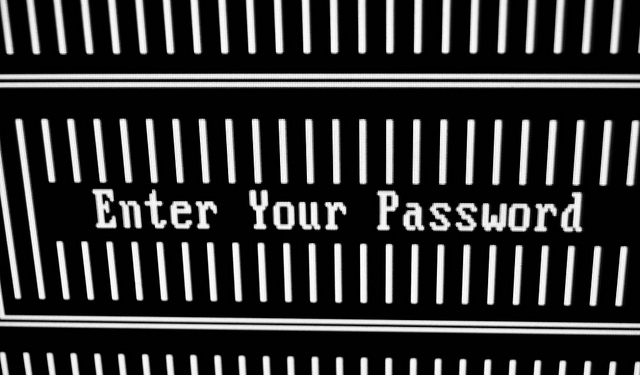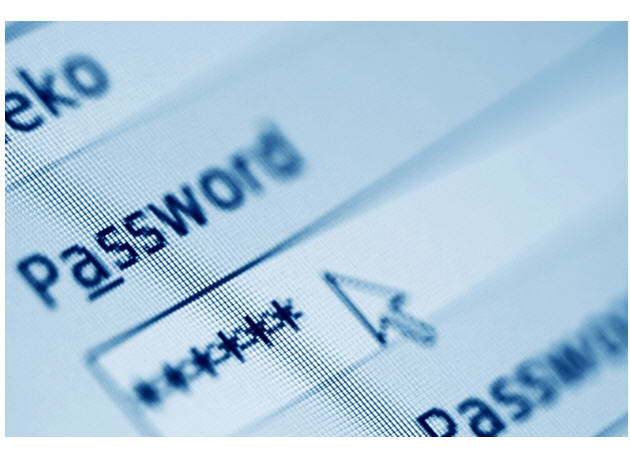
The statistics speak for themselves: The emails you send and receive every day at work are a time-bomb.
This is not just because they can be an entry point for cyber-crime, such as extortion or malware that can infect your computer, but also because through email, cyber-criminals can steal your account.
In fact, the email account you use in your company is now in more danger than ever before, simply because the number of compromised email accounts has reached astronomical figures.
Just a few months ago, five million Gmail account details were leaked on a Russian cyber-security forum, raising doubts about the security of the Google service, and creating jitters among the service’s millions of users.
However, the scandal of leaked Gmail accounts was barely the tip of the iceberg. Shortly after, Home Depot, the home improvements retails chain, announced a security breach in its payment platform that had compromised the details of no less than 53 million email addresses. It’s clear then that our details of email addresses can be obtained from anywhere.
As if this weren’t enough, a group of cyber-security experts recently published a study confirming the trend (as if it were really in any doubt): In just three months the details of more than six million accounts have been leaked, along with the corresponding passwords.

It’s a frightening figure, and more so considering that these are just the confirmed cases.
According to the study, most cases are due to people using company email addresses in private environments and the low levels of security associated with such email accounts.
Trojans infecting poorly protected computers or the use of email accounts with inadequate security are the most probable causes of this increase in the leaking of email addresses and their passwords.
The result of all this is seriously concerning: the use of these passwords by cyber-criminals against the users themselves. Moreover, if millions of account details have been leaked in just the last three months, the amount for the whole of 2014 could be twenty times greater.
Given how this trend underlines that corporate email accounts are not as secure as they should be, it is advisable to implement security measures such as two-step verification or at least frequent changes to email passwords.





